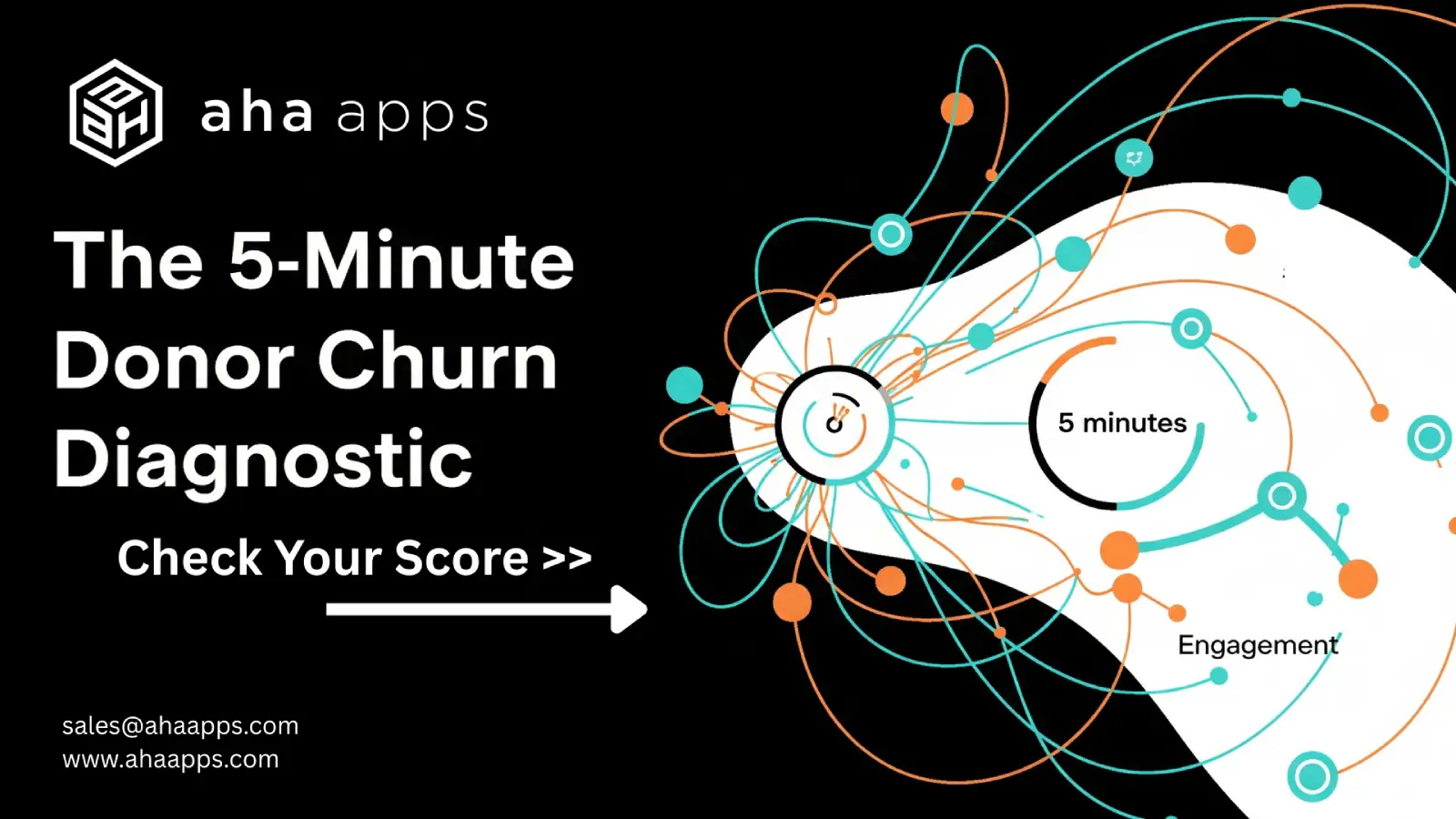 What Types of Data Can Be Integrated into a CRM for Nonprofit Fundraising Purposes?
What Types of Data Can Be Integrated into a CRM for Nonprofit Fundraising Purposes?

Integrating a wide range of data into a CRM allows nonprofits to develop a deep, holistic view of their supporters, which is invaluable for effective fundraising. Here are some of the main types of data that can be integrated and how each type contributes to a comprehensive fundraising strategy:
Donor Demographics: Information such as age, location, income level, and other demographic details can help nonprofits segment their donors effectively. By understanding the demographics of their supporters, organizations can tailor their messaging to resonate with different donor groups, from younger donors looking to support social justice causes to retirees interested in legacy giving.
Donation History: Tracking past donations provides insights into a donor’s giving habits, including frequency, average donation amount, and peak donation periods. With this data integrated into CRM, nonprofits can identify trends and preferences, allowing them to anticipate when donors might be inclined to give again. It also helps in crafting personalized appeals based on giving history, such as suggesting a donation amount close to their previous contributions or acknowledging past support.
Event Attendance: Event data shows which supporters are actively engaging with the organization beyond just donations. Knowing who attended a fundraising gala, volunteered at a community event, or participated in an awareness walk can provide insights into which supporters are more engaged. This helps nonprofits identify potential major donors and volunteers, and create targeted follow-ups after events.
Communication History: By integrating email communications, phone call logs, and direct mail interactions, nonprofits can track all contact with each supporter. This data is valuable for understanding a donor’s engagement journey and ensuring that communications are consistent and respectful of each donor’s preferences. For example, if a donor has been more responsive to email campaigns, future outreach efforts can be prioritized on that channel.
Volunteer Activity: Volunteers often have a strong connection to the organization, making them likely prospects for financial support as well. By integrating volunteer data, nonprofits can identify which volunteers might be interested in supporting financially or participating in more campaigns. Additionally, it allows nonprofits to recognize volunteers in a meaningful way, which can lead to increased loyalty and support.
Website and Social Media Engagement: Tracking digital engagement can help nonprofits see which supporters are interacting with online content, reading blog posts, or sharing social media updates. This data helps to identify active supporters who may not yet be donors but are engaged with the organization. By understanding online behavior, nonprofits can create targeted outreach to convert these supporters into donors.
Survey and Feedback Data: Feedback from surveys or comments on social media can reveal supporters’ opinions on various campaigns or initiatives. Integrating this data provides valuable insights into what motivates donors and supporters, as well as any concerns they may have. This can inform future campaign planning and ensure that fundraising appeals align with donor values and interests.
Grant-Related Information: For organizations receiving grants, integrating grant applications and reporting data is essential. CRM systems can help track deadlines, reporting requirements, and communications with funders, ensuring compliance and maintaining strong relationships with grant providers.
Campaign and Appeal History: By integrating data from past fundraising campaigns, such as annual appeals or Giving Tuesday efforts, nonprofits can assess which campaigns were most successful and why. This information helps in creating similar high-performing campaigns in the future and optimizing messaging and timing for maximum impact.
Financial Information: If integrated with accounting systems, CRM can also track payment processing, recurring donation schedules, and major gift transactions. This financial data integration allows nonprofits to manage donor contributions, acknowledge them promptly, and maintain a transparent record of all funds.
By bringing these data types together into one centralized CRM, nonprofits gain a 360-degree view of their supporters. This data integration empowers them to better understand donor behavior, preferences, and engagement levels, enabling highly personalized and targeted fundraising strategies. Ultimately, it allows nonprofits to maximize their outreach and build stronger, more lasting relationships with their supporters.
Aha Apps can support nonprofits by implementing customized CRM solutions that integrate diverse data sources for a complete view of donor engagement. This enables nonprofits to optimize fundraising efforts and drive meaningful connections with supporters.


